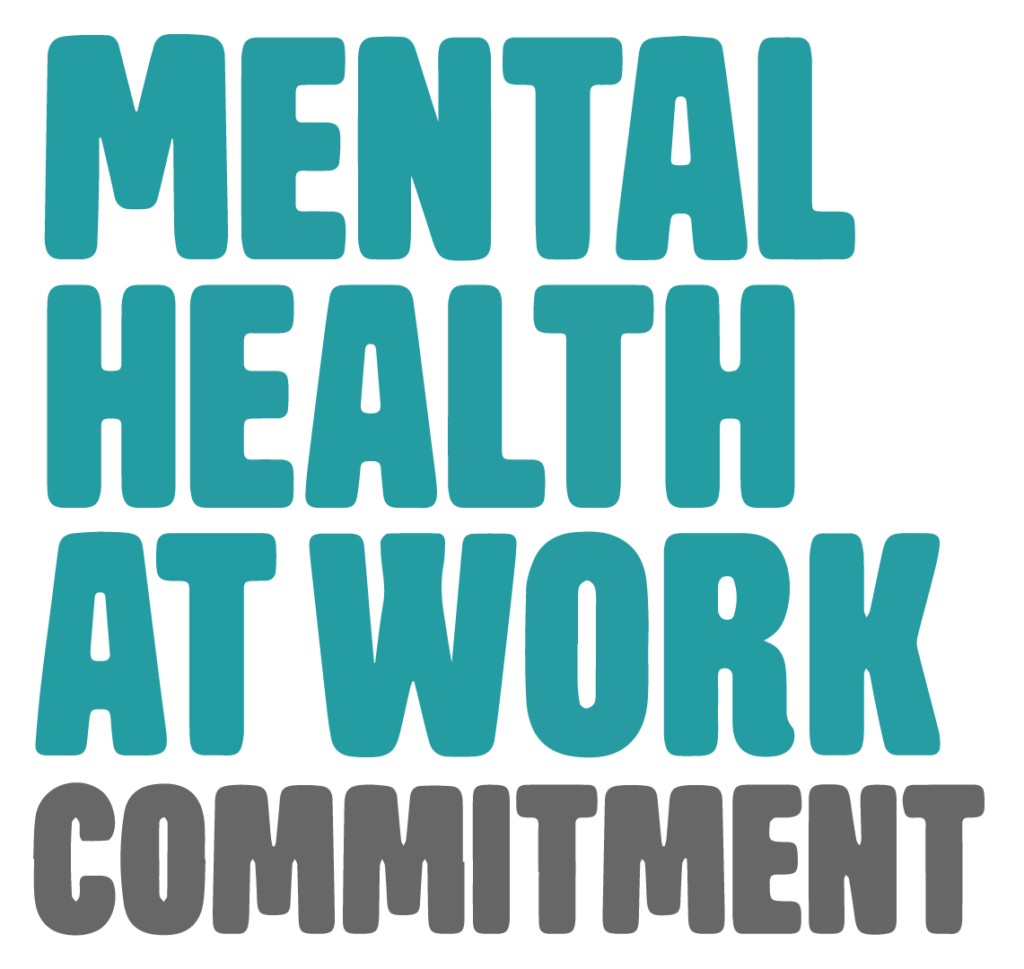
The IEP recently signed the Mental Health at Work Commitment, demonstrating their ambition to develop a workplace environment and culture where all employees can thrive. By signing the Mental Health at Work Commitment, the IEP has committed to achieving better mental health outcomes and a genuine longer-term positive impact on staff’s wellbeing, joining a growing movement of over 1000 organisations including: Accenture, B&Q, Barclays Bank, BT, Bupa UK, Deloitte UK, Hewlett Packard Enterprise, Historic England, IBM, Network Rail, Santander UK, Save the Children UK, Sky, and many more.
Developed with the knowledge and expertise of mental health charities, leading employers and trade organisations, the Mental Health at Work Commitment provides a simple framework for employers who recognise the importance of promoting staff wellbeing. This framework sets out six clear standards based on what best practice has shown is needed to make a difference and better equip employers to create an environment where employees can thrive.
Sarah Merrington, Mental Health at Work Programme Manager, said: “We’re delighted to see the IEP sign the Mental Health at Work Commitment. By embedding our six standards in the way they operate, the IEP are demonstrating a real commitment to supporting the mental health of everyone in their workplace.”
“We know it can be hard to talk about mental health and seek support, which is why public commitments such as this one are so important. With issues like stress, anxiety, and depression common across all employers, regardless of size or sector, we want to see every employer recognise and address any work-related causes of poor mental health among their staff and it’s fantastic to see organisations like the IEP taking the lead.”
In a survey of UK adults conducted by Business in the Community in partnership with Bupa in 2020, only one in two (51%) of employees say they feel comfortable talking about mental health in the workplace, whilst two in five (39%) report they have experienced a work-related mental health issue in the last year.
New mental health research from Deloitte has revealed that the cost to employers of poor mental health has increased, to up to £56bn in 2020-21 compared to £45bn in 2019, and investment in workplace support and interventions remains a key issue. The pandemic has changed our ways of working, and Deloitte’s findings show that the mental health challenges following the pandemic have undoubtedly had a huge impact on employees.
Sarah Merrington added: “Many leading employers have found that making a strategic commitment to the mental wellbeing of their workforce not only benefits their staff but also their bottom-line, improving productivity and staff retention. Rates of burnout, anxiety, and depression are at record levels. With one in six British workers experiencing mental illness, now is the time for businesses to make a change and start creating more mentally healthy workplaces.”

